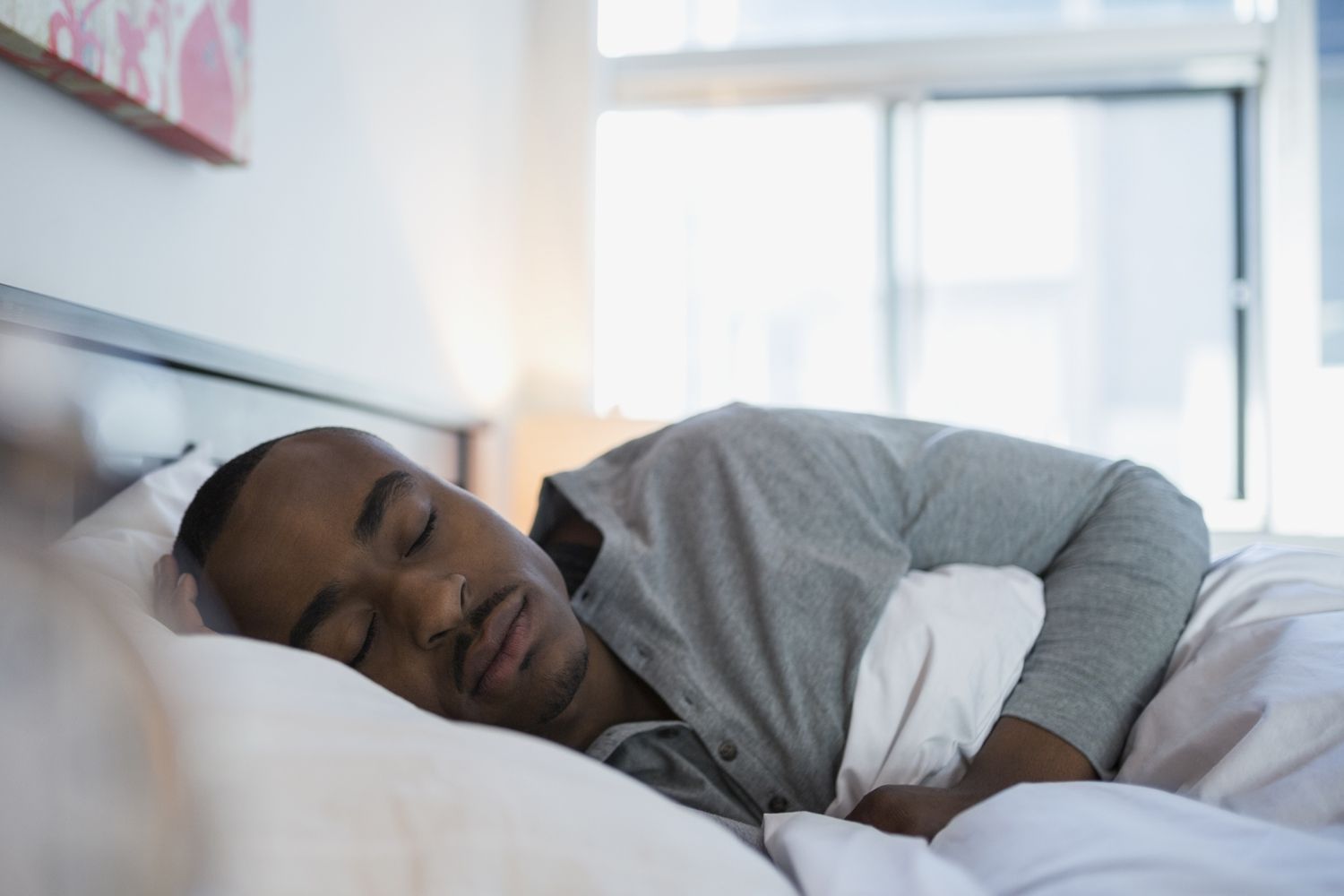
:max_bytes(150000):strip_icc()/sleeping-56c313565f9b5829f86a31b3.jpg)
Lots of people struggle with falling or staying asleep. While this is a common issue, there are plenty of ways to improve your sleep hygiene, resulting in a better night’s sleep and a regular sleep schedule. Here are some ways to prevent sleep deprivation.
Stick to a consistent bedtime.
Going to bed at a different time every night can confuse your body because you are not giving your mind a consistent time to shut down. Try to stick to a bedtime, so your body gets used to a consistent routine.
Avoid caffeine, especially in the afternoon and evening.
Caffeine is a drug that will wake your body up, preventing you from physically and mentally relaxing. For this reason, try to avoid any caffeine intake after three in the afternoon so that your body can naturally operate without any influence from caffeine that could keep you awake instead of falling asleep.
Turn off electronics an hour before bed.
While it may be tempting to check your phone or watch TV before bed, staring at screens will prevent your mind from winding down. Try to “unplug” at least one hour before bed and try a more relaxing activity such as coloring or reading.
Exercise in the morning.
Not only is exercise good for your physical health, but it can help your mental health too. Working out in the morning will help you release stress and restlessness early in the day, so you will have less of an urge to toss and turn at night.
Jot down lingering thoughts.
If your thoughts prevent you from falling asleep or wake you up in the middle of the night, keep a journal in your room and jot down whatever is on your mind to get it out of your head and onto paper instead.
Meditate.
Mediating can help you clear your head and relax. There are plenty of free meditation apps and videos to help you drift off to sleep.
Do not linger in bed in the morning.
Although it can be tempting to lie in bed for a while after you wake up, this can harm your sleep schedule and make it harder to fall asleep the next night.
Following these tips should help you regulate your sleep schedule. If all else fails, talk to a sleep specialist to determine if you may need a more serious solution.














Leave a Reply
Be the First to Comment!
You must be logged in to post a comment.
You must be logged in to post a comment.